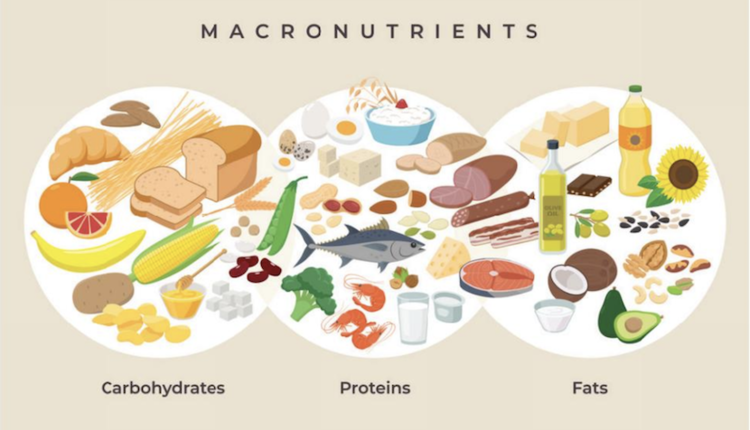
Hormonal changes affect everyone throughout every stage of life and affect everyone differently, yet we all seem to have this negative image on the word.
Most people believe that in order to lose weight, all they have to do is be on a diet. What they don’t realize is that, in many instances, it is that very diet that could be contributing to the lack of weight loss and possible weight gain. How is that possible, you ask? Well, the simple reason is that depending on the diet, your body may be releasing hormones that prevent you from losing weight or losing the right weight.
You see, not all diets are designed the right way and your body will react accordingly. If you have a diet that has a high combination of carbohydrates and fats in the same meal, you may end up storing more of the fat than utilizing it for energy. This happens because insulin secretion occurs in meals that have higher amounts of carbohydrates, especially processed or simple carbohydrates.
Coincidentally, insulin does not only affect the transport of carbohydrates, it also affects the transportation of dietary fats into adipose tissue (fat cells), and because the bodies preferred energy source is carbohydrates, insulin will transport fats and store them for potential future use. How do you avoid insulin from interfering with your weight loss? Make sure that your meals have either a fat or a carbohydrate, but not both.
However, insulin is not the only hormone to worry about when trying to lose weight. Stress hormones like cortisol can have a significant impact on weight loss goal and prevent your client from achieving any level of success even if they are doing everything else right. Cortisol’s role within the body is to serve as a major stress hormone doing its fight or flight response. It possesses highly inflammatory properties that will not only increase the amount of water retention but will also increase blood glucose levels by utilizing muscle derived proteins in order to create that glucose. This means that it assists in the consumption of muscle as a fuel source while helping the body store and conserve glucose and fats. Avoiding high amounts of stress or long periods of starvation will help reduce the body’s cortisol secretions thus increasing the chances that your body will utilize its energy sources in an adequate manner.
Tips to maintain hormonal regulation while dieting:
- Avoid starvation diets. By being hungry all the time, we are starving ourselves. Starvation increases cortisol release and prevents fat loss. There will be weight loss, but it will likely be muscle weight. Example: HCG diet.
- Get plenty of sleep. Sleep is essential to maintaining hormonal regulation. Inadequate sleep will lead to decrease secretion of growth hormone which will cause a decrease in metabolic rate and lead to potential weight gain.
- Stay hydrated. Consuming adequate amount of water helps maintain satiety, the sensation of a full stomach, and decreases hunger which leads to less cortisol secretion and reduces the chances of overeating. Hormones work together to increase or decrease appetite and fat storage. If the system doesn’t work properly, you may find yourself struggling with weight issues on an ongoing basis. Fortunately, diet and lifestyle changes can have powerful effects on these hormones.
Bottom line
Hormones impact growth and development, metabolism, digestion, fertility, stress, mood, energy, appetite, weight and more. Eating a diet high in fruits, vegetables, whole grains, healthy fats and protein keeps hormones balanced. Not eating enough total calories, healthy fats or fiber can disrupt hormones and may lead to conditions like obesity, diabetes, infertility and cancer. Lack of sleep, stress, alcohol and processed foods can also throw off hormones directly or indirectly by influencing the gut microbiome, which keeps hormones balanced.
















